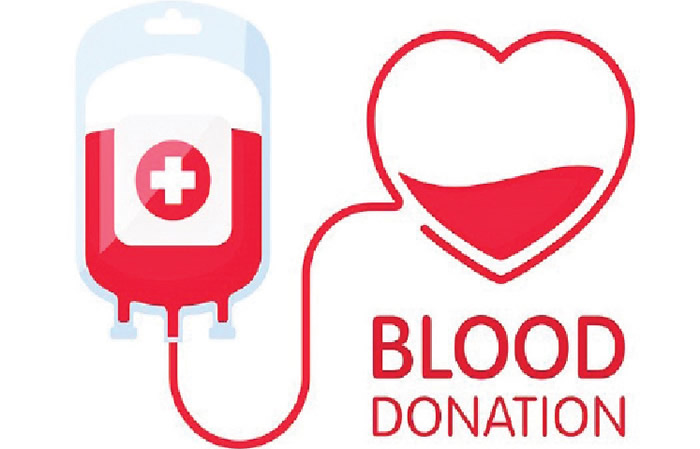
A professor of Haematology, Nigeria requires a minimum of 1.8 million units of blood annually to meet the blood transfusion need of its citizens.
Muhibi, a Professor of Haematology, Musa Muhibi, who disclosed this at the seventh inaugural lecture series of the Edo State University, Uzairue, said the rate of blood donation in Nigeria was low.
Muhibi, who is the Dean of the Faculty of Applied Health Sciences, noted that only 10 per cent of the population donated blood voluntarily.
He said the majority of blood donations came from the families of patients, some of whom were not adequately screened for infections and other health conditions.
He said, “Nigeria requires a minimum of 1.8 million units of blood per year to meet the blood transfusion need of its citizens. Unfortunately, the country has one of the lowest voluntary blood donation rates globally, with only 10 per cent of blood supply coming from voluntary donors.
“Sixty per cent comes from family replacement donors, while 30 per cent comes from paid blood donors. Therefore, strategies aimed at promoting voluntary blood donation are needed in Nigeria to increase the availability of safe blood and meet the high demand for blood transfusion.”
According to him, the demand for blood transfusion in Nigeria is high, as the country had one of the highest maternal mortality rates globally and the prevalence of diseases such as malaria which require blood transfusion.
Earlier, the Vice Chancellor of the institution, Prof Emmanuel Aluyor, said the lecture highlighted the importance of promoting voluntary blood donation and a sustainable blood transfusion system in the country.













